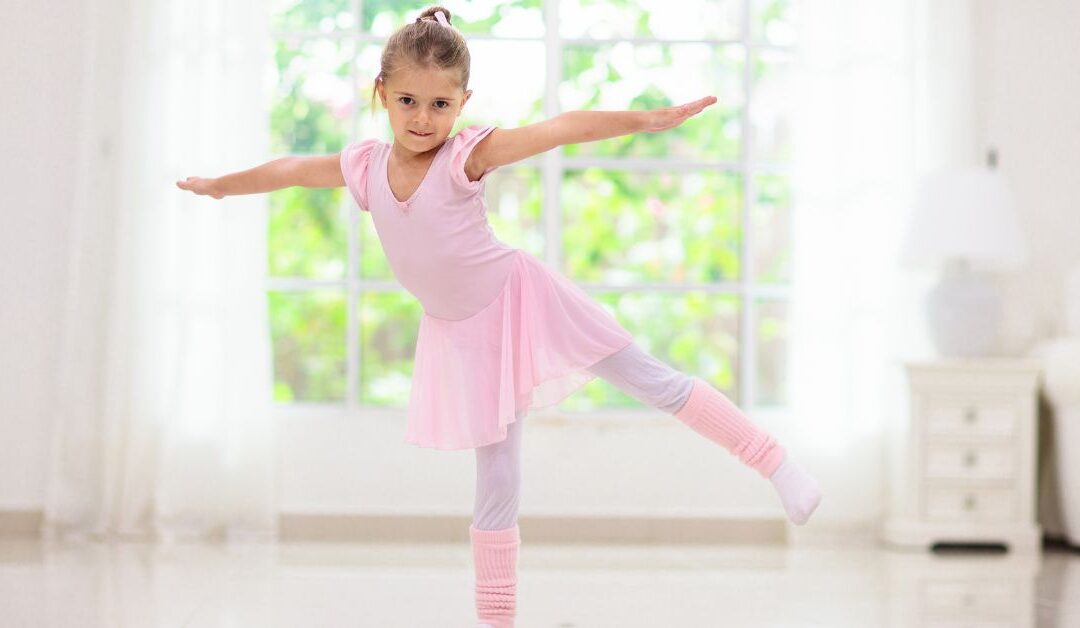We all enjoy recreation, whether it’s activities outdoors or different types of them and hobbies indoors. Yet did you realize there is recreational therapy and that it could benefit your child or teen with autism? Better yet, that it’s usually covered by your state’s Medicaid waiver?
What is recreational therapy?
According to the National Council for Therapeutic Recreation Certification, recreational therapy is “a systematic process that utilizes recreation and other activity-based interventions to address the assessed needs of individuals with illnesses and/or disabling conditions, as a means to psychological and physical health, recovery and well-being.”
Their website notes, “the purpose of the RT process is to improve or maintain physical, cognitive, social, emotional and spiritual functioning in order to facilitate full participation in life. Services are provided or directly supervised by a Certified Therapeutic Recreation Specialist (CTRS).”
What are examples of recreational therapy?

A recreational therapist, or CTRS, can use a wide array of activities as part of a child’s recreational therapy. Those include sports (e.g., karate, basketball and more), games, crafts, or the arts (e.g., music, dance, painting and more). They sometimes will even base the therapy on interactions with animals or outings into places in the community with the child.
I remember looking into recreational therapy for my son J with his case manager for the Medicaid waiver. I liked the idea of it, but we instead chose music therapy (which can be within recreational therapy), patient assistance and care (PAC) and behavioral therapy with his waiver benefits. Also, at the time, he was taking martial arts classes at our local YMCA, so he was involved in an individual sport. I’ve known others who have had recreational therapy for their autistic children and were really happy with the results.
How can recreational therapy benefit my child with autism?
Recreational therapy can provide many benefits for your autistic child. They can include:
- Increases your child’s self-esteem
- Makes your child feel included
- Supports independence and decision-making
- Reduces stress and anxiety
- Improves physical health if participating in a sport or other physical activity
- Promotes a better quality of life
- Increases socialization and social skills
- Helps sensory regulation depending on the activity used in the therapy
- Assists with better body awareness if participating in dance, gymnastics or other activity that uses balance
- Improves focus and attention if using martial arts or other activities that require self-discipline
Where do I find recreational therapy services?
If your autistic child has a Medicaid waiver, then talk to your child’s case manager. They will have a pick list that includes providers in your area that offer these services.
MyRecreationTherapist.com is a website that lists CTRS that you can search. You have to set up a free account to get access to their directory. This may be a good way to find one if your child doesn’t have the Medicaid waiver but are interested in this type of therapy for your child.
Have you tried recreational therapy for your child with autism? If so, what was your experience? Leave a comment below so that we can share and encourage each other along this journey.







